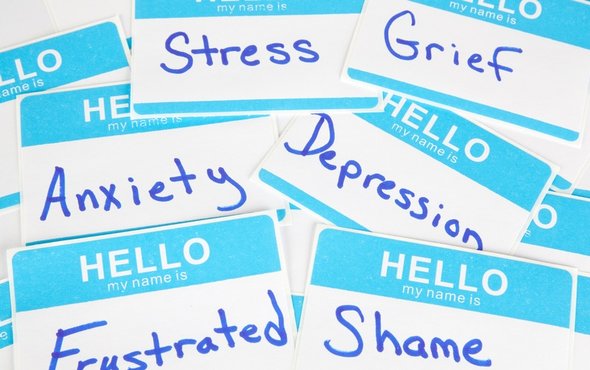January 16th, 2018
The Trump administration has abruptly halted work on a highly regarded program to help physicians, families, and others separate effective “evidence-based” treatments for substance abuse and behavioral health problems from worthless interventions.
The initiative was terminated without any replacement offerings set up in its place

Credit: Getty Images
The program, called the National Registry of Evidence-Based Programs and Practices, was launched in 1997 and is run by the Substance Abuse and Mental Health Services Administration. Its website lists 453 programs in behavioral health—aimed at everything from addiction and parenting to HIV prevention, teen depression, and suicide-hotline training—that have been shown, by rigorous outcomes measures, to be effective and not quackery. The most recent were added last September.
Trump administration in an email dated Jan. 4 and sent to program developers, the contractor hired by SAMHSA to work on the registry said, “It is with great regret that we write to inform you that on December 28, 2017, we received notification from SAMHSA that the NREPP contract is being terminated for the convenience of the government. This cancellation means that we can no longer make any updates to your program profile. … We are deeply saddened by the government’s sudden decision to end the NREPP contract, under which we have been able to provide and strengthen science-based information about mental health and substance use treatment and prevention programs.”
A recipient shared the email with STAT. The contractor, Development Services Group Inc., of Bethesda, Md., did not reply to a request for comment. A SAMHSA spokesman did not reply to questions sent by phone and email. The agency is part of the Department of Health and Human Services.
The website of the now-frozen registry has not been taken down. In an online statement, SAMHSA said future work on the registry, including vetting new applications, would be moved in-house “to reconfigure its approach to identifying and disseminating evidence-based practice and programs.”
Despite the inclusion of the phrase “evidence-based,” the statement did not assuage critics’ concerns. Because SAMHSA has not explained how or when it will pick up the registry work, “I’m pessimistic,” said psychology professor Warren Throckmorton, of Grove City College in Pennsylvania, who teaches a seminar that includes lessons on evidence-based programs and practices. “Why did they stop something before they had something to put in its place? Why stop what was working reasonably well?”
The Trump administration said last month that it had advised agencies such as the Centers for Disease Control and Prevention to avoid using seven words—including “evidence-based,” “science-based,” “fetus,” and “transgender”—in budget documents and to instead use language that wouldn’t antagonize members of Congress.
The guidance, for example, suggested that instead of describing a policy or decision as “evidence-based,” the CDC say that it “bases its recommendations on science in consideration with community standards and wishes.”
But critics alarmed by the SAMHSA decision said it suggests that what they described as the administration’s skepticism about scientific evidence has now been extended.
Just as mainstream medicine has been embracing an evidence-based approach (testing ) assumptions that, say, arthroscopic surgery for knee osteoarthritis works) so that patients do not receive useless care, so has behavioral health, which includes mental health as well as things such as parent-child relationships and social functioning. Behavioral health has lagged behind, however, because some of the problems it addresses are partly subjective, making it “easy to convince yourself that something is effective when it’s not,” said Throckmorton. That’s harder to demonstrate for interventions meant to help with parent-child interactions than, say, to treat cancer.
Throckmorton said his interest in the field grew from his realization that “change therapy”—to alter people’s sexual orientation—has no scientific basis.
By identifying programs whose effectiveness is supported by evidence, the registry “has been a gold seal of approval,” said a physician at a child health program who asked not to be identified because he did not want to jeopardize his SAMHSA funding. And there is considerable work still to be done in spreading evidence-based programs: Only 3 percent of children with problems ranging from attention deficit hyperactivity disorder to disruptive behavior to suicidality receive evidence-based services, he said, partly because scientifically valid programs often have a high price tag.
Making it harder for people struggling with addiction and their families to see whether a treatment they’re being offered has been shown to work is especially worrisome, said the physician. “In the midst of an opioid epidemic, they’re suspending work on a registry that tells you this,” he said.
Republished with permission from STAT. This article originally appeared on January 10, 2017
Tags: EAP, employee business solutions, Trump Administration


Comments are closed.